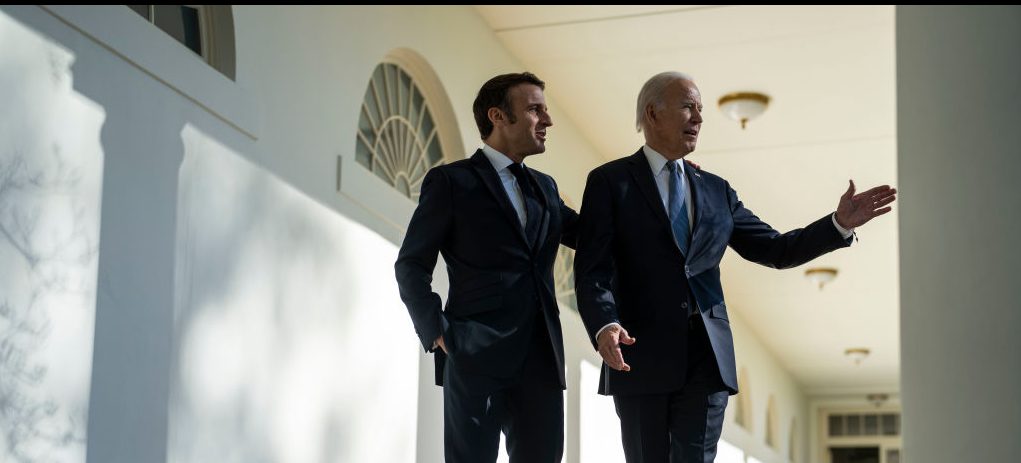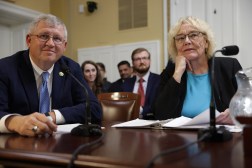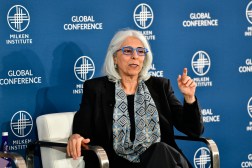US, France agree to increase collaboration on quantum

The U.S. and France agreed to deepen collaboration on quantum information science with both countries interested in increasing technical and scientific exchange around what they consider a shared priority.
White House Office of Science and Technology Policy Director Arati Prabhakar signed a joint statement on cooperation in quantum information science (QIS) and technology on behalf of the U.S. together with France’s minister for higher education and research, Sylvie Retailleau.
The statement comes as French President Emmanuel Macron visits the U.S. and builds on the Agreement on Science and Technology Cooperation signed in 2018 and the Joint Statement on Science and Technology Cooperation signed in 2021 by both countries — the latter identifying QIS as a focus.
“Solving the hard questions in quantum information science — while also building the global market and supply chain needed to translate quantum technologies from lab to market — will require connections and collaborations between our ecosystems, which this joint statement will facilitate,” said Charles Tahan, assistant director for QIS at OSTP, in the announcement.
The statement covers the development of quantum computers, networks and sensors, as well as the risk large-scale computers will pose to current cryptographic protocols. Both countries are working on new standards for cryptographic algorithms that will protect against attacks from quantum computers.
“This global collaboration is critical for quantum computing to reach its revolutionary potential and secure systems against quantum attacks,” said Georges-Olivier Reymond, CEO of French quantum computing research company Pasqal, in a statement. “As a Paris-born quantum company with a U.S. presence, we look forward to supporting the collaboration between both nations and delivering value to end users through our Nobel Prize-winning neutral atom quantum technology.”
Pasqal and the University of Chicago announced their collaboration on neutral atom quantum computing Wednesday, as foreign companies are increasingly working with U.S. institutions on QIS.
“Developing useful and robust quantum technologies faces very challenging scientific, technological, economic and organizational questions to be answered, such that no single country seems to have the ability to solve it on its own,” said Neil Abroug, head of the French National Quantum Strategy, in a statement. “We need to identify complementarities and collaborate with our partners to reach the critical mass to address these challenges.”






